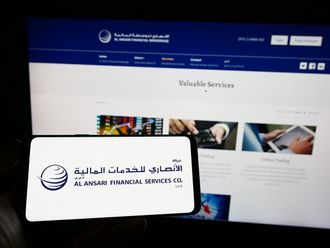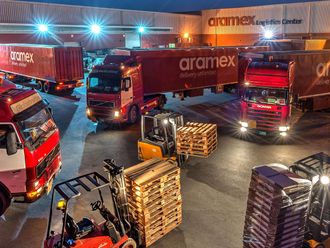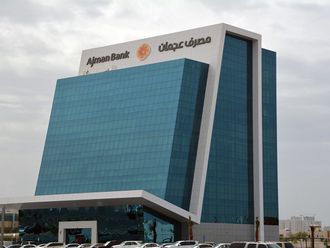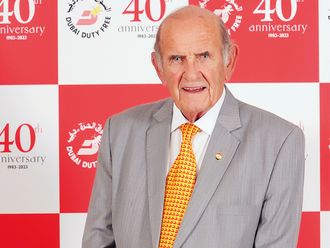Caracas
Nicolas Maduro’s invitation on Friday for US bond holders to visit Caracas seemed absurd. A trip to one of the world’s most violent cities generally doesn’t hold much allure, and then there are the additional challenges of navigating street protests, not running afoul of US sanctions and finding a flight as airlines pull out of the market.
Yet a brave few investors say they might take Venezuela’s president up on his offer to meet. The world’s riskiest debt offers some of the best returns for traders who can stomach the drama, and any insight on the government’s willingness to keep paying is hugely valuable.
A meeting with high-level officials would be a unique opportunity to try to understand the workings of an opaque government and worth a trip to Venezuela, said a Boston-based fund manager whose firm is among the largest holders of the country’s bonds. He asked not to be identified because of the sensitivity of the matter. A New York-based portfolio manager, who also asked for anonymity to speak about private deliberations, said he’s preparing his visa application for a potential trip to Caracas in the next few weeks after Maduro’s invitation.
Traders are looking for any information they can find on the government’s strategy to keep current on its debt in the face of dwindling foreign reserves, sanctions that forbid US-regulated financial institutions from helping the government raise new financing and a restive populace demanding more imports of food and medicine. Maduro and Hugo Chavez, his predecessor, have surprised many observers by always making good on their obligations, even while decrying what they see as financial sabotage orchestrated by an imperialist US.
One complicating factor is that top Venezuelan officials, including Maduro himself as well as the chief financial officer at the state oil company, have been essentially blacklisted by US sanctions that prohibit conversations that go beyond strictly informational in nature. A long list of legal and compliance rules would likely accompany any investor making a trip.
It’s also unclear who exactly from the government would attend the meetings. Bondholders at several New York-based hedge funds, who asked not to be identified, said that they couldn’t justify a trip because on past visits they’d only been able to meet with one or two officials, instead of the broad swath of representatives other countries make available.
Still, for those betting a large sum of money on some of the world’s highest yielding bonds, face-time with the nation’s main stakeholders could be beneficial.
“The most important positive takeaway that investors usually come away with after meeting officials is that Venezuela and PDVSA intend to pay,” said Russ Dallen, a managing partner at Caracas Capital Markets. The “negative takeaway is usually that a minister or functionary’s explanations of just how that payment is going to happen are improbable, unrealistic or unexplained.”












